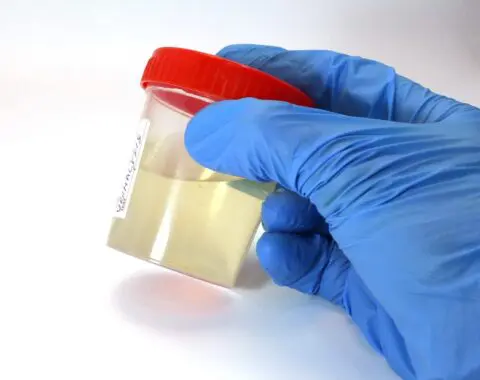Antibiotics have been crucial in combating bacterial infections since their discovery by Sir Alexander Fleming. However, over time, bacteria develop resistance, reducing the effectiveness of these medications.
This resistance occurs due to mutations in bacterial DNA, which enable some strains to survive antibiotic treatment. It’s crucial to understand that antibiotics should be used judiciously and only for likely bacterial infections. By making informed choices, we can all contribute to the fight against antibiotic resistance.
The Rise of Antibiotic Resistance in UTIs
Urinary tract infections (UTIs), once effectively treated with ampicillin, now face a significant challenge. Escherichia coli (E. coli) and related bacteria have developed resistance, a concerning trend. A study published in 1999 by the Journal of General Internal Medicine revealed that 15% of UTI-causing bacteria in emergency room patients were resistant to Bactrim, a common treatment at the time.
By 2018, a study in the Journal of Microbial Chemotherapy documented a significant 28% resistance to trimethoprim in pediatric UTI cases. The same study also noted resistance to Augmentin (co-amoxiclav) and other antibiotic combinations, with 43% of bacteria showing resistance to at least one type of antibiotic. This trend is alarming and underscores the need for responsible antibiotic use.
Due to regional variations in antibiotic resistance, the choice of antibiotics for treating UTIs may differ. If initial antibiotic treatment fails, a urine culture can identify the causative bacteria and determine its antibiotic resistance profile.
Commonly Prescribed Antibiotics for UTIs
Here are common antibiotics for UTIs.
- Macrobid (nitrofurantoin)
- Keflex (cephalexin)
- Ciprofloxacin
- Bactrim
- Levofloxacin
Antibiotics for UTIs: Future Developments
Research is ongoing to develop vaccines against UTIs, particularly for patients with recurrent infections, although their availability is still some time away. In the meantime, prevention strategies such as drinking plenty of water and practicing good hygiene are essential.
It’s important to remember that antibiotics should be requested only when necessary. Overuse can promote the growth of resistant bacteria, a serious health risk. Additionally, it can cause side effects like diarrhea and alterations in gut flora. By being mindful of our health decisions, we can help prevent the spread of antibiotic resistance.
Getting Treatment for UTIs With QuickMD
Did you know? QuickMD can treat urinary tract infections from the comfort of your own home and prescribe antibiotics for your UTI online. Want to order your own urine testing? You can order your own labs here.




